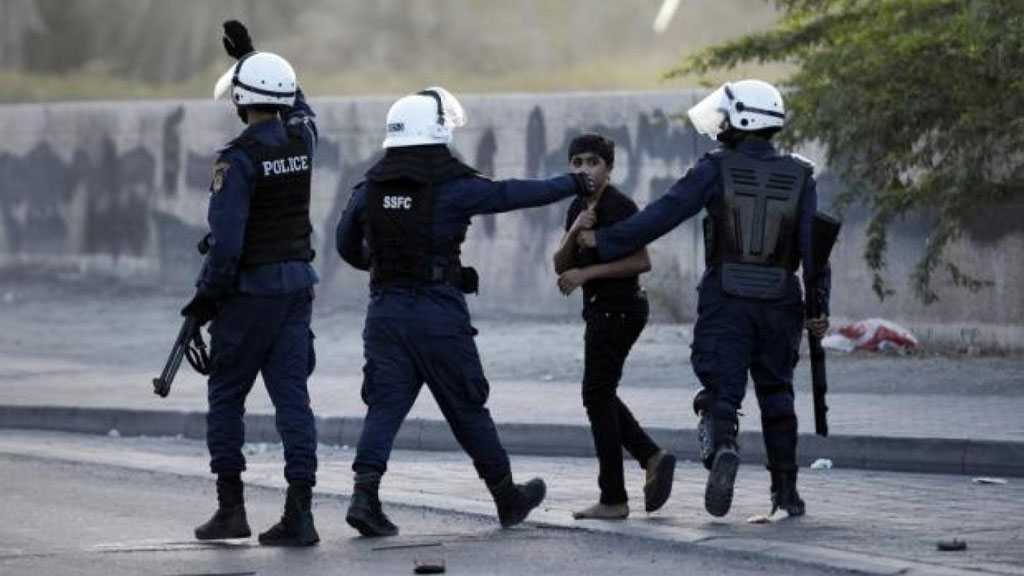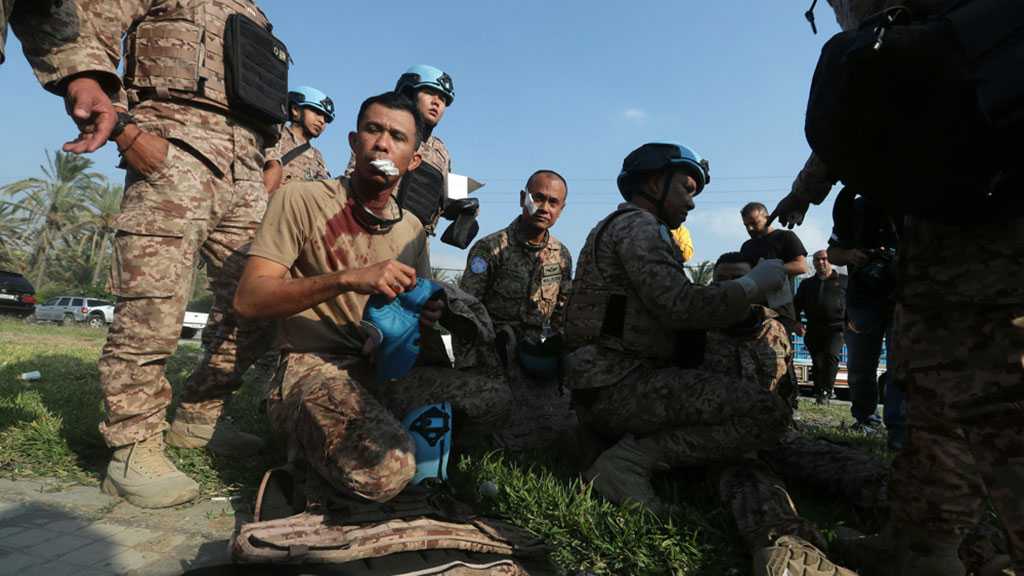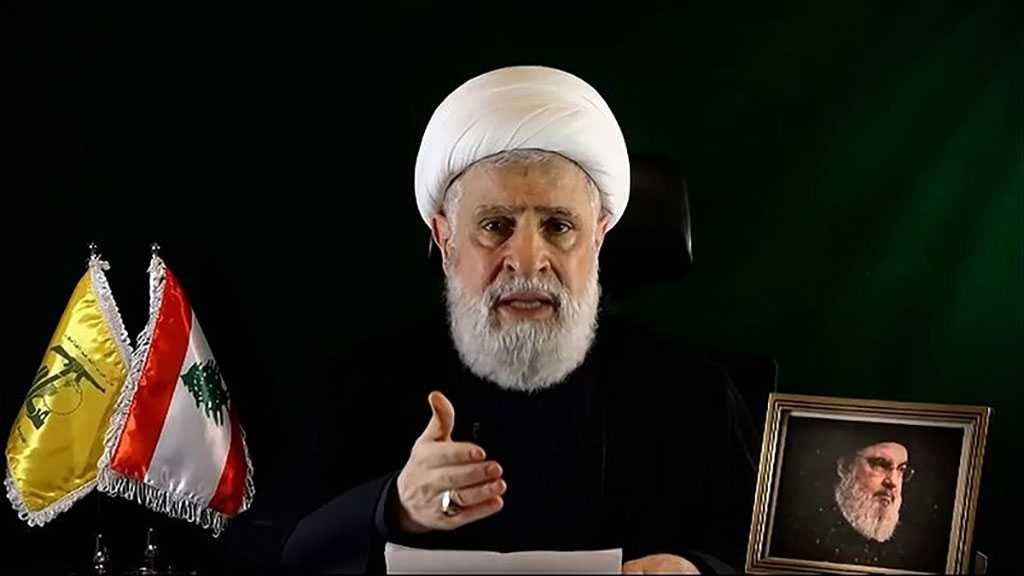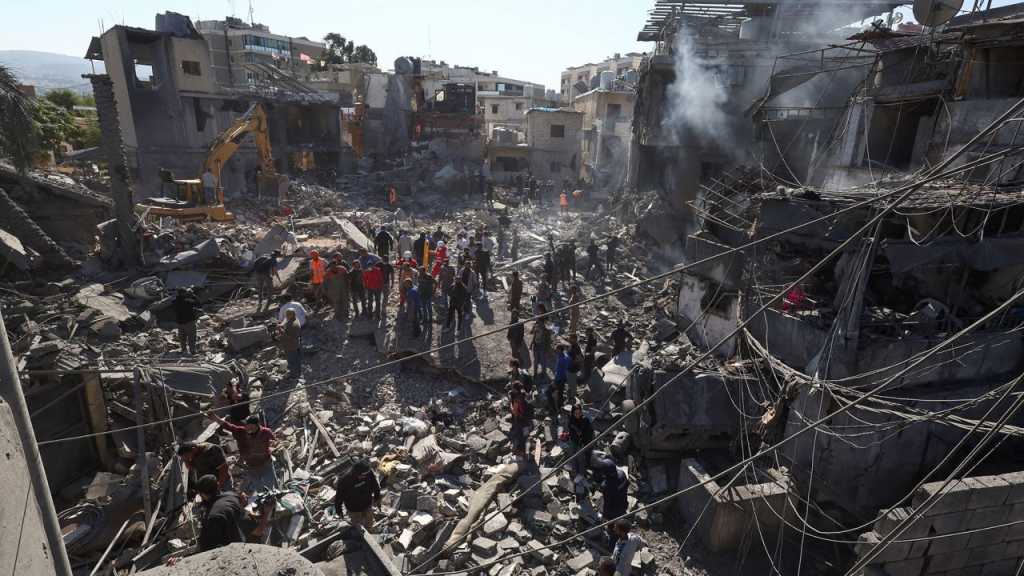UN Disturbed By Bahraini Police Brutality against Jaw Prisoners

By Staff, Agencies
The United Nations human rights office [OHCHR] has said it is “disturbed” by the “unnecessary and disproportionate” force used by Bahraini police to dismantle a peaceful sit-in at the country’s main prison earlier this month.
At a press briefing on Friday, Marta Hurtado, spokesperson for the UN High Commissioner for Human Rights, called on Bahrain’s government to immediately launch a “thorough and effective” investigation into the violent repression of the sit-in at Jaw prison, located south of the capital, Manama, on April 17.
She cited accounts by witnesses who reported that “special forces threw stun grenades and beat detainees on their heads, badly injuring many of them”.
Hurtado also said authorities reportedly took 33 protesters “to another building in the prison, where they are being kept incommunicado, and have been unable to make contact with families or lawyers, in violation of both national and international law”.
The inmates had been protesting against detention conditions, in particular, the lack of access to medical treatment.
Tensions had been rising in the prison since an outbreak of COVID-19 last month, which authorities said had been contained.
The sit-in started on April 5, after political prisoner Abbas Malallah died after reportedly being denied timely access to essential healthcare, according to OHCHR.
Outside the prison, detainees’ families had been holding small protests demanding the release of political prisoners and better conditions.
Following the dismantling of the sit-in, dissolved opposition group Al-Wefaq, SALAM for Democracy and Human Rights and the Bahrain Institute for Rights and Democracy [BIRD] said security forces had used excessive force.
BIRD’s Sayed Ahmed Al-Wadaei, a Bahraini activist living in exile, said one prisoner told him that inmates had formed human chains in a sit-in that security forces tried to break up.
“They surrounded [one prisoner] and we could see the batons rise and fall on his body until they took him out,” the inmate could be heard saying in a recorded phone conversation shared by Al-Wadaei with Reuters news agency.
Bahrain’s National Institution for Human Rights said on April 18 it had visited the prison to investigate the incident and found that “what has been raised regarding [inmates] being beaten and transported to unknown locations is incorrect”.
In Friday’s briefing, the OHCHR said that lack of healthcare in overcrowded Bahraini prisons “has been an issue for years, but has become a chronic problem” during the coronavirus pandemic.
“The spread of the pandemic in Bahrain’s prisons has sparked protests across the country. In response, the authorities have detained dozens of protesters for breaching COVID-19 restrictions,” Hurtado said.
The UN body also called on authorities to provide timely medical treatment for inmates and urged authorities to consider releasing more detainees to ease prison congestion.
“In particular, those being detained for expression of critical or dissenting views, protected by international human rights law, should be released immediately,” Hurtado said.
Comments
- Related News




